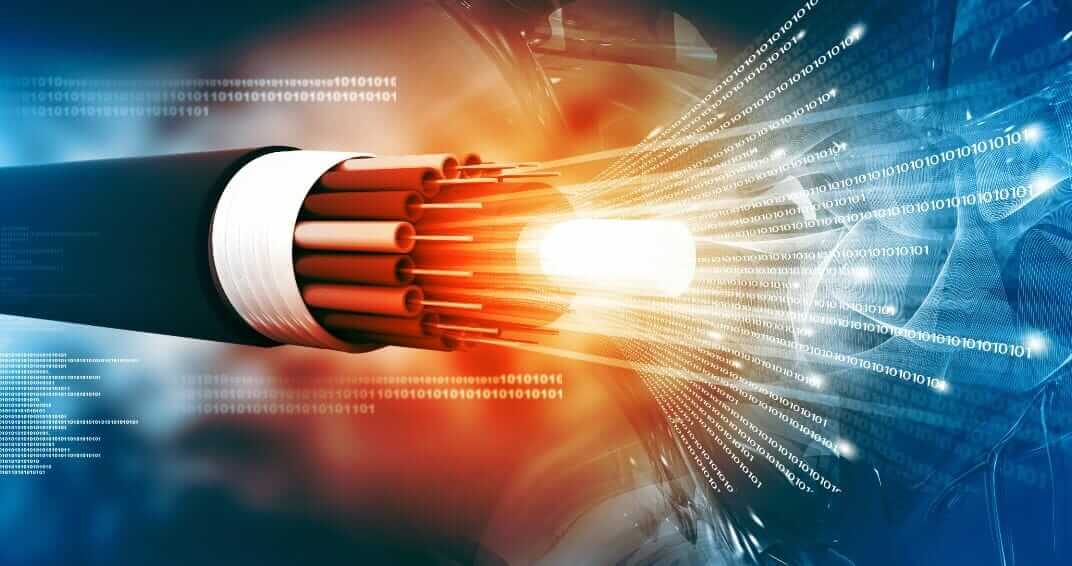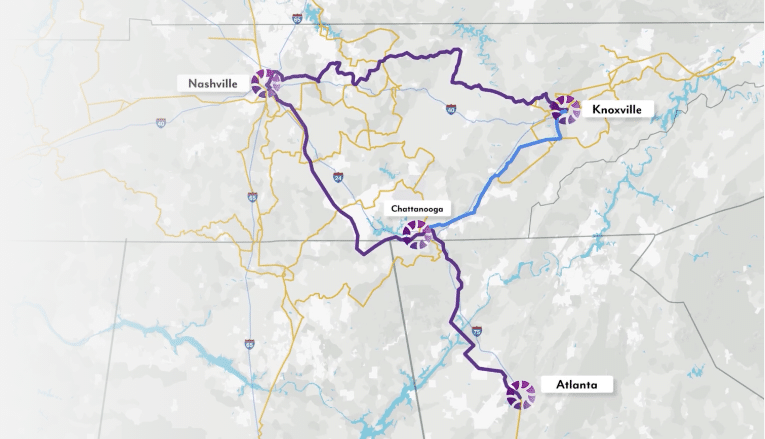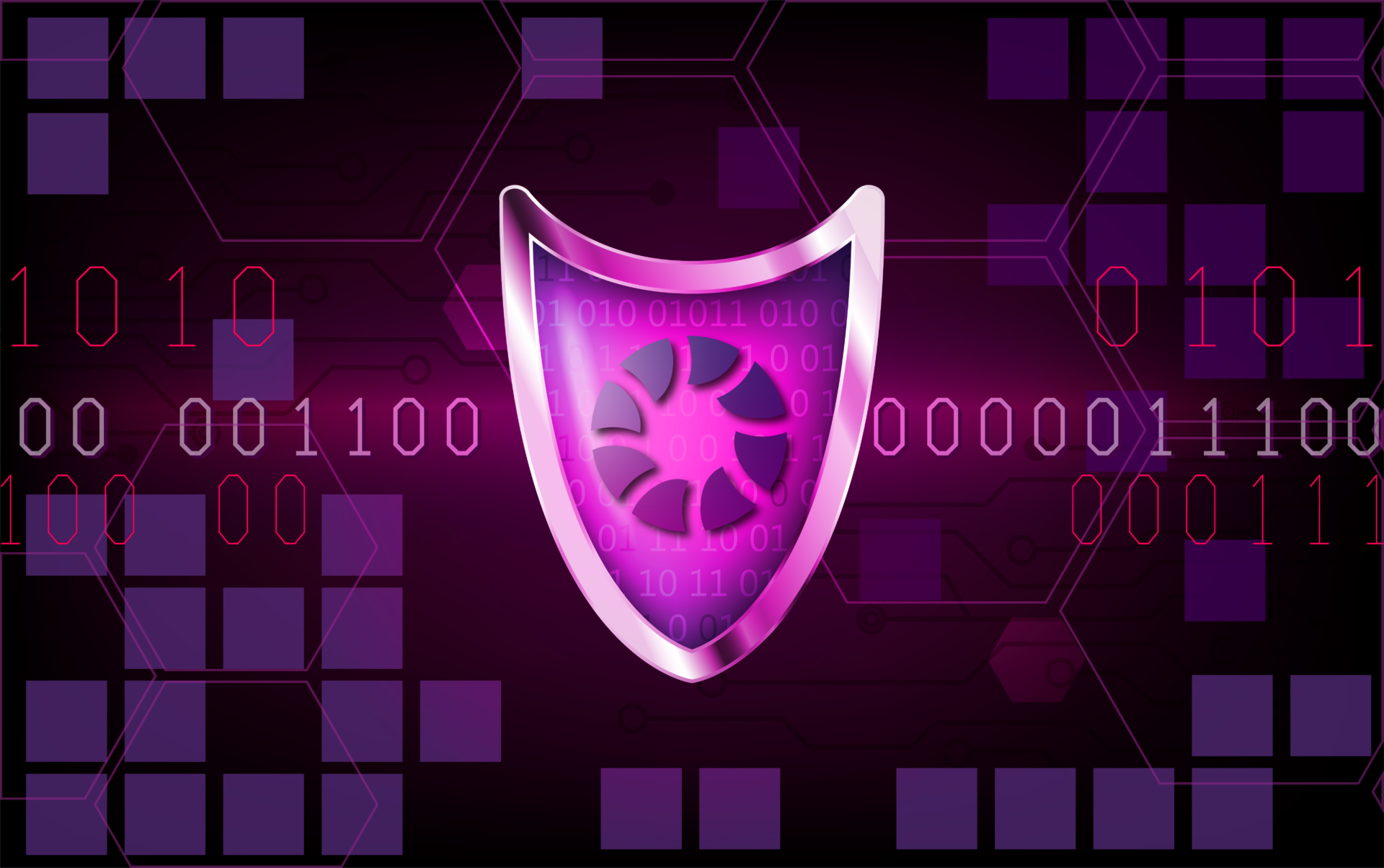
The current pandemic and resulting quarantine have more businesses than ever recognizing the need for fast, reliable broadband. A quick Google search will tell you there are two main types of broadband available, cable and fiber, but it is important to understand the difference in order to make an informed decision for your business. In our opinion, fiber is the way to go; fiber-optic internet was built for business and offers unparalleled reliability and scalability.
NOT AS RELIABLE IN BAD WEATHER: Cable connections are copper-based and conduct electricity, which makes them vulnerable to outages during bad weather or other physically damaging situations. Cracks and ingress from tree roots and water can disrupt communications. Fiber optic cables are typically made of glass, which does not conduct electricity. This means they work whether your electricity does or not. The lack of electricity in fiber-optic cables reduces fire risk as well.
CABLE CONNECTIONS ARE SHARED CONNECTIONS: Mainly geared for residential usage such as streaming movies, gaming, and watching traditional cable television. Residential and business usage is aggregated together, and often times not prioritized. It works the same way as water pressure in your house – while your hot shower may be most important, if you have several people flushing the toilet or playing in the sprinklers the water pressure (or user experience) goes down for everyone.
GET MORE FOR YOUR MONEY: A cable internet connection can be quite fast at times, but cable networks are shared networks. During peak usage hours, users can expect up to a 25% reduction in speed. If your business depends on constant, quick connectivity, the risk of speed reduction outweighs any potential reward of choosing cable internet. FCC data revealed fiber providers consistently offer 117% of advertised speeds, even during times of peak demand.
SCALABLE FOR FUTURE APPLICATIONS: Fiber is already faster than cable, but it also offers scalability you can’t get with cable. Today’s impressive 1G connection is tomorrow’s 10G connection, and fiber can help you keep up with this growth. Ultimately, cable is tech infrastructure that stifles growth. Fiber offers increased security as well, which is incredibly important given the rise of cyberattacks on businesses. You can identify compromised fiber much easier than you can identify compromised copper lines. BUILT FOR BUSINESS: Fiber Internet was truly built for business. With no data caps, increased security, symmetrical upload and download bandwidth, and unprecedented reliability, it is worth the investment. It may cost more on paper at the beginning, but buyer’s remorse will not be a concern. Modern businesses need reliable connectivity and the ability to utilize cloud-based applications, such as UCaaS. Don’t gamble on copper to save a few bucks today; invest in your business’ technological future.
About iRis Networks
We deliver the fiber-based, next-generation network and infrastructure businesses need. We’re bringing ultra-high-speed voice, data and Internet solutions to over 250 communities, reaching across Tennessee and parts of Alabama, Georgia and Kentucky.


